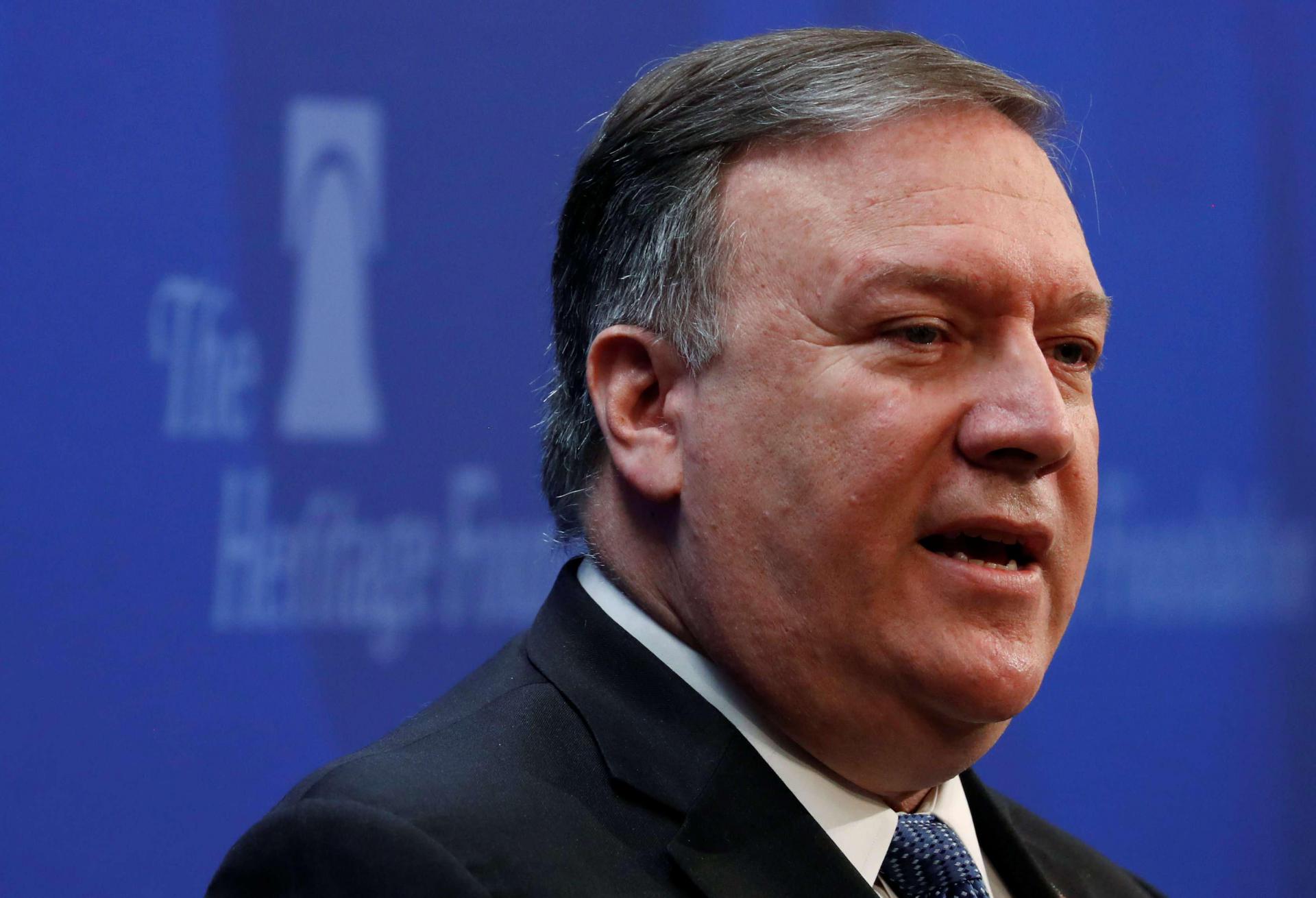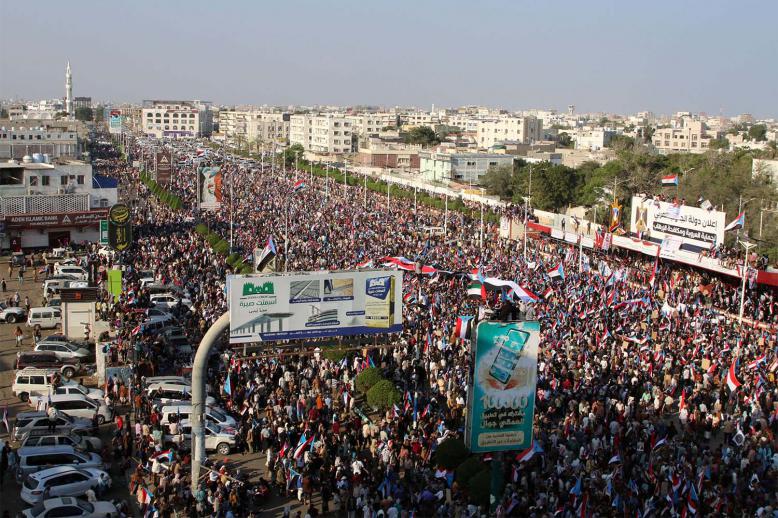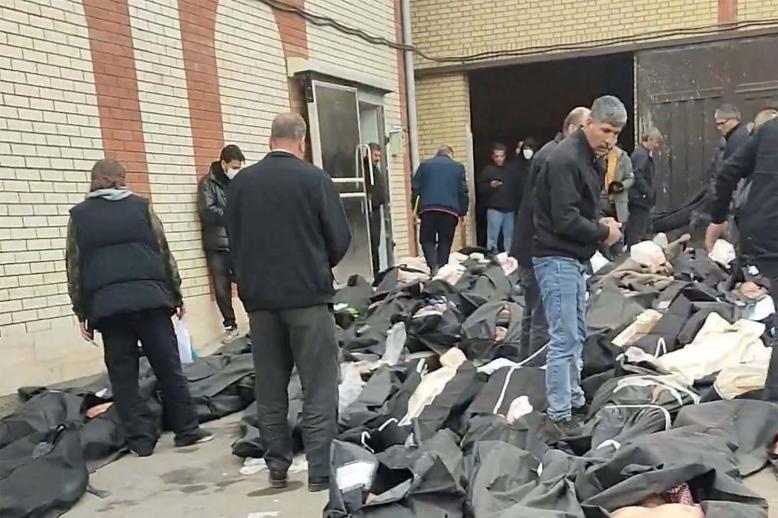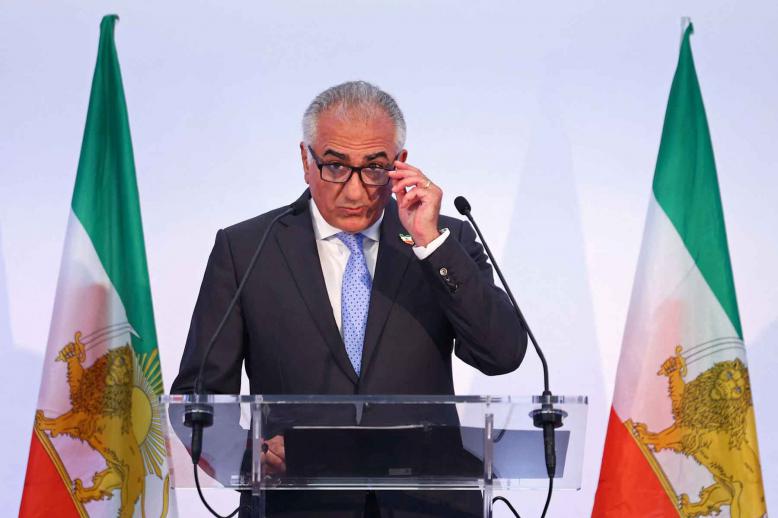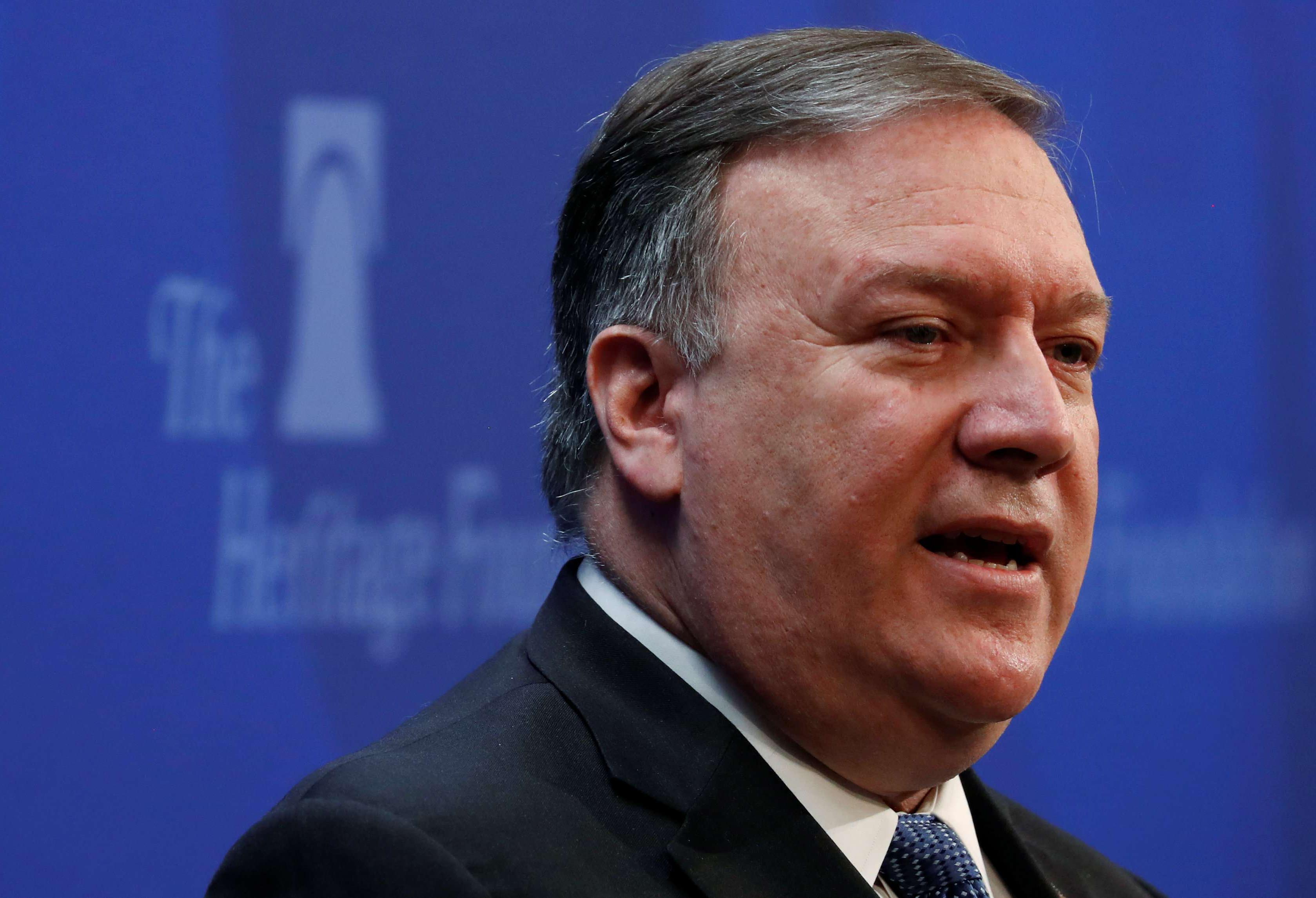Pompeo demands ‘major changes’ from Iran
US Secretary of State Mike Pompeo has vowed to “crush” Iranian operatives around the world and to impose “the strongest sanctions in history” on the country´s government.
“After our sanctions come into force, Iran will be battling to keep its economy alive,” Pompeo said in a major address May 21 the Heritage Foundation, a conservative think-tank in Washington. He outlined US policy towards Iran after President Donald Trump withdrew from the Iran nuclear agreement two weeks ago.
Pompeo said he would work with the US military and “regional allies to deter Iranian aggressions” including cyber attacks and activities by Iranian-supported military groups such as Hezbollah. “Iran will never again have carte blanche to dominate the Middle East,” Pompeo said. The regional allies include Saudi Arabia, Gulf states and Israel.
Pompeo appeared to also reach out to Iranian civilians and particularly protesters who have been active in Tehran in recent months to step up pressure on Iran’s leaders, including President Hassan Rohani and Supreme Leader Ali Khamenei. “We will also advocate tirelessly with the Iranian people,” Pompeo said. “The regime must improve the way it treats its citizens.”
Noting the falling value of Iran’s currency and the high unemployment rate among the country’s youth, Pompeo says its problems “are compounded by enormous corruption in Iran. The Iranian leadership is running scared.”
Pompeo’s remarks appear to signal the Trump administration’s interest in pushing for regime change in Iran after it pulled out of the 2015 nuclear deal that opened foreign markets to Iran in exchange for restraints on the country’s nuclear-enrichment programme. The speech was the first major address by Pompeo since he became secretary of state a month ago.
Suzanne Maloney, who advised US State Department on Iran under President Barack Obama, said on May 17 the Trump administration wants to put “maximum pressure on Iran” to promote the “collapse of the regime or internal turmoil to disrupt Iran’s challenge to US allies in the region.”
Bruce Riedel, a former CIA officer and White House adviser on the Middle East, said Saudi Arabia was leading the push for stronger US action against Iran. “They would like US military action against Iran to roll back Iranian gains in the region and to see regime change,” Riedel said. Trump has established especially close ties to Saudi Arabia since taking office in 2017.
Although Pompeo did not call explicitly for regime change, he spoke directly to the Iranian people and urged them to think critically of their elected president, Rohani, and Foreign Minister Javad Zarif. The two men have been portrayed in the United States and Europe as moderates who are interested in opening Iran to the world.
But Pompeo challenged that thinking. “The West often treats President Rohani and Foreign Minister Zarif as ‘apart’ from the regime’s unwise, terrorist and malign behaviours,” he said. “Yet, Rohani and Zarif are your elected leaders. Are they not the most responsible for your economic struggles? Are these two not responsible for wasting Iranian lives through the Middle East? It is worth the Iranian people considering.”
Pompeo also said Khamenei “will not live forever” — a reference to his age (he is 78) and the wide speculation that he will soon step down, He added: “Nor will the Iranian people abide the rule of tyrants forever.”
Pompeo did not describe the additional sanctions that the United States will impose on Iran, though he noted that the United States had recently imposed new sanctions on Iran’s central bank and other businesses. “The Iranian regime should know this is just the beginning,” Pompeo said. “The sting of sanctions will be painful.”
Pompeo cited a long list of “major changes” Iran must make to avoid US punitive actions. Those steps include providing nuclear inspectors “unqualified access” to every nuclear plant; ending its programme to develop ballistic missiles, stopping support of Middle East terror groups, including Hezbollah and Hamas, as well as the Houthi rebels in Yemen, which are attacking Saudi Arabia; withdrawing all Iranian-controlled forces in Syria; and ending “threatening behaviour” against neighbours, including Israel and the Gulf region, and international shipping lanes.
“The list is pretty long, but if you take a look at it, these are pretty basic requirements,” Pompeo said, placing responsibility for the conditions on Iran. “We didn’t create the list. They did.”
Pompeo said that “in exchange for major changes, the US was prepared to take actions to benefit the Iranian people,” including ending sanctions, establishing diplomatic and commercial relations and permitting Iran to have advanced technology.
Pompeo acknowledged that additional US sanctions “will impose difficulties for a number of our friends and for the US as well,” referring to American and European businesses that want to tap into the large Iranian market. But he said the tough US stance would benefit the Iranian people instead of the country’s leaders.
“My final message is to the Iranian people: We stand in solidarity,” Pompeo said.
This article was originally published in The Arab Weekly.


